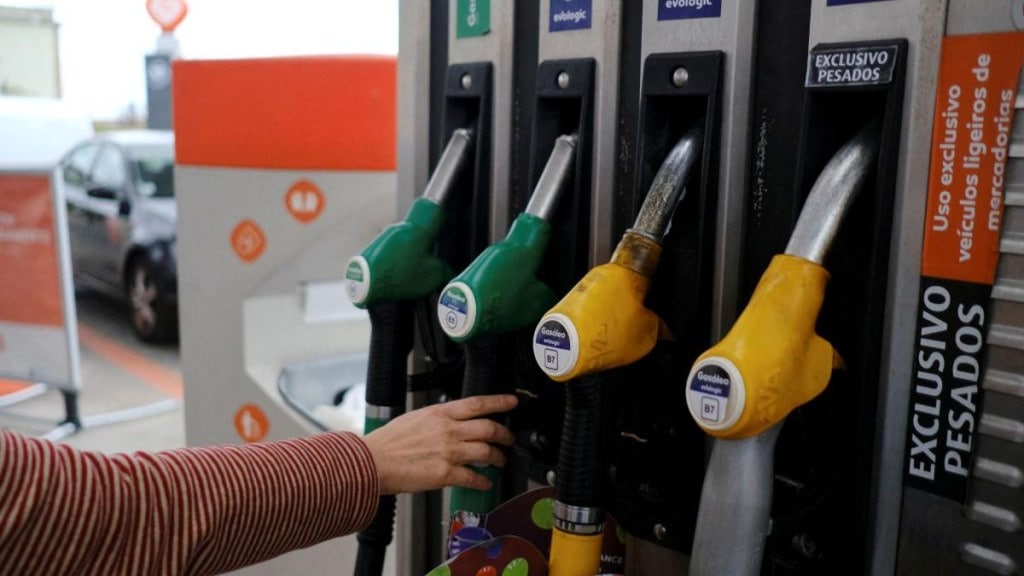The country’s natural gas industry has sought greater emphasis on implementation of reforms aimed at promoting consumption of the fuel in the upcoming interim Budget.
The industry expects the government to make use of natural gas mandatory for areas where the infrastructure is ready and gas is flowing to help the country achieve the target of increasing gas share in the energy mix to 15% from the current 6% by 2030.
ALSO READ
Budget 2024 Live Updates: Union Budget 2024 Live Streaming, FM Nirmala Sitharaman Budget 2024 Speech Live
Railway Budget 2024 Live Updates: Indian Rail Budget 2024 Live Streaming
Budget 2024 Income Tax Live Updates: Income Tax Slab Rate Change Budget 2024 Live Updates
Budget 2024 Stocks to Focus: Union Budget 2024 Impact on Share Market Today
The industry is also hopeful of the long-standing demand of natural gas being categorized under the infrastructure sector to avail improved financing and credit opportunities.
“We look forward to the government’s commitment by considering the inclusion of natural gas under the GST ambit,” said Hardip Singh Rai, Chief Executing Officer of THINK Gas. Of course, the GST Council which comprises the Centre and states will have to take a call on this.
The government has been emphasizing on making the country a gas-based economy while taking several initiatives to increase the share of gas in the energy mix in the recent few years. Stakeholders see the trend continuing with more emphasis given on domestic PNG (piped natural gas) connection.
“It is possible that we might see some incentive structure for city gas distribution players to improve the viability and execution of projects,” said Kapil Garg, Oilmax Promoter and Founder.
The industry also expects the central government to coordinate with the state governments and bring about policy initiatives such as reduction in VAT.
Furthermore, the country’s oil sector has urged the government to consider bringing petroleum products under the ambit of GST and discontinuation of special additional excise duty (SAED) on crude oil as it impacts the profitability of upstream companies and refiners.
“With the softening of crude prices and reduction in GRMs (gross refining margins), the industry has been demanding that the SAED be discontinued,” Girishkumar Kadam, Senior Vice President & Group Head – Corporate Ratings, ICRA said. “Exempting LNG imports from customs duty like crude, which attracts nil duty, would promote the use of natural gas as a fuel,” he said. Currently, imports of liquified natural gas (LNG) attract customs duty of 2.5%.
The government had imposed SAED on crude oil and certain refinery products in July 2022 and has revised it multiple times.
During FY24 the government has cut LPG (liquified petroleum gas) prices and the industry’s expectation is for an adequate budgetary provision owing to volatility in crude oil prices, ICRA noted.
Interim Budget 2024 may also focus on energy transition practices by the public sector oil and gas companies as the country moves towards attaining net-zero by 2070. In Budget 2023, the government has allocated Rs 30,000 crore for capital investments for state-owned oil marketing companies towards energy transition. The amount has not been released to the OMCs yet.
